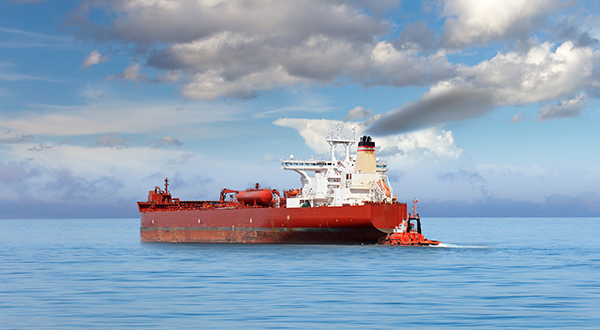Any suggestion that there may be any form of delay to the 1 January 2020 implementation of the 0.50% sulphur limit in 2020 was ruled out at the 71st session of the MEPC, as a majority of member states rejected a proposal to collect data to allow the IMO to take stock of the availability situation ahead of 2020, according to the International Bunker Industry Association (IBIA).
Among the papers submitted to MEPC 71, two suggested the IMO should take such data into account and consider transitional measures if data demonstrated significant difficulty in meeting demand.
IBIA was first among those commenting on these two papers in plenary, saying: “Obtaining such data on the cusp of the implementation date, along with non-availability reports provided to the IMO from the start of 2020, would help assess where availability of compliant fuels is problematic and also get a clearer picture of when and how the situation is improving. If such data are made available for dissemination to member states it may assist their authorities when assessing fuel oil non availability reports.”
A large number of countries spoke in support of data collection, but the number of countries objecting to it was greater. Most importantly, they objected to the idea because they thought it may lead to uncertainty and potentially delay the preparation process. Any talk of a transitional period permitting exemptions was firmly rejected.
Although nobody said so, it is possible they were afraid that approving data collection may end up casting doubt on the conclusion in CE Delft study, which now seems to be interpreted by some as irrefutable evidence that there will be sufficient availability in 2020.
With a majority opposing data collection, MEPC 71 did not agree to specifically add this to the list of items in the scope of the so-called ‘new output’ on consistent implementation of the 2020 sulphur limit which was drafted by the Sub-Committee on Pollution Prevention and Response (PPR 4) in January this year. They said the scope developed at PPR 4 adequately addresses the issues. The scope will, however, include a specific request from the Maritime Safety Committee (MSC) to explicitly add to the list a consideration of the safety implications relating to blending fuels in order to meet the 0.50% sulphur limit.
There was, as expected, broad support at MEPC 71 to approve the new output on “Consistent implementation of regulation 14.1.3 of MARPOL Annex VI” developed at PPR 4, for inclusion in the Sub-Committee’s agenda with a target completion year of 2019. Recognising that time is short, PPR, which meets just once a year in January or February, will also hold an intersessional meeting in the second half of 2018 to progress work on consistent implementation of the 2020 sulphur regime.






























































